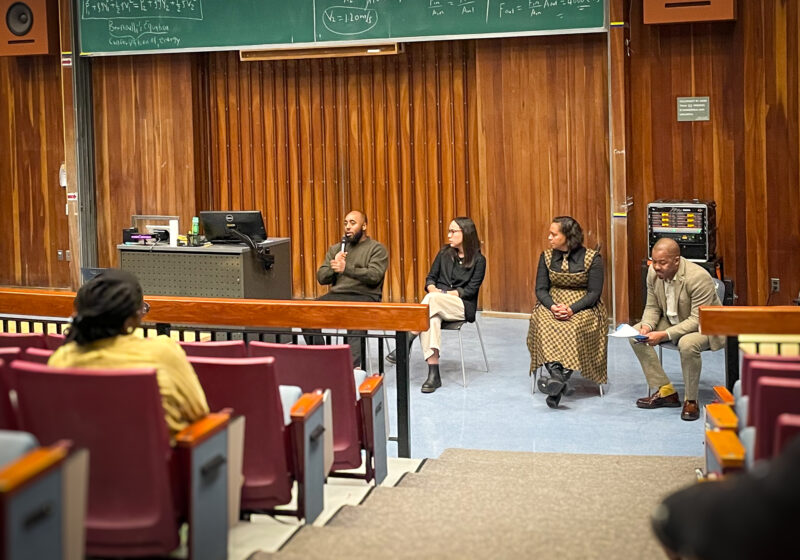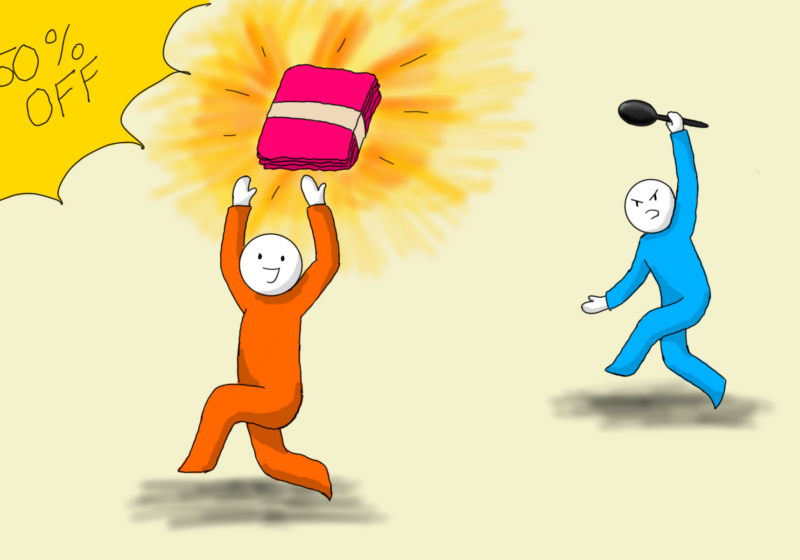
Drue Sokol, Photo Editor
This semester, in reaction to dropping response rates — down from 75 percent to 40 percent, according to University Registrar Nancy Seck — professors and teaching assistants have been encouraged to set aside time in class for their students to fill out their online course evaluations. This is a good initial move toward increasing response rates, although perhaps not the most effective solution, considering it uses up valuable class time.
Formerly, evaluations were distributed in class, completed on paper and submitted to the registrar’s office by hand. This method, however, proved a burdensome way to accrue both negative and positive student opinions, both of which are essential to the advancement of the University.
To simplify the process, in recent years, the University switched to using an online form for evaluations, which can easily accessed through Blackboard. Yet, despite the ease with which one can now fill out an evaluation response rates have dropped dramatically. This is a clear indication of the lack of student initiative to complete evaluations on their own time as the current method stands.
Urging teachers to let students fill out online evaluations in class creates a hybrid method between the old and new systems, and thus has the potential to reinvigorate response rates. This system does still create one of the problems that the original method caused, however, and that is taking away precious class hours.
What’s more is that this time is taken away from courses at the end of the semester, when the last few class meetings are often vital for preparing students for final examinations, papers or projects. Another possible problem is that this system relies on students bringing laptops or smartphones to class, which is not a reasonable expectation in every class setting.
Although the new method being suggested this semester does seem to have promise for returning response rates back to what they were prior to the online system, its major flaw cannot be ignored, and there is still room for improvement in finding a way to gather student




